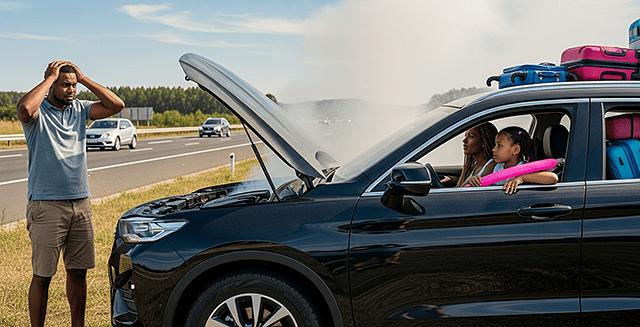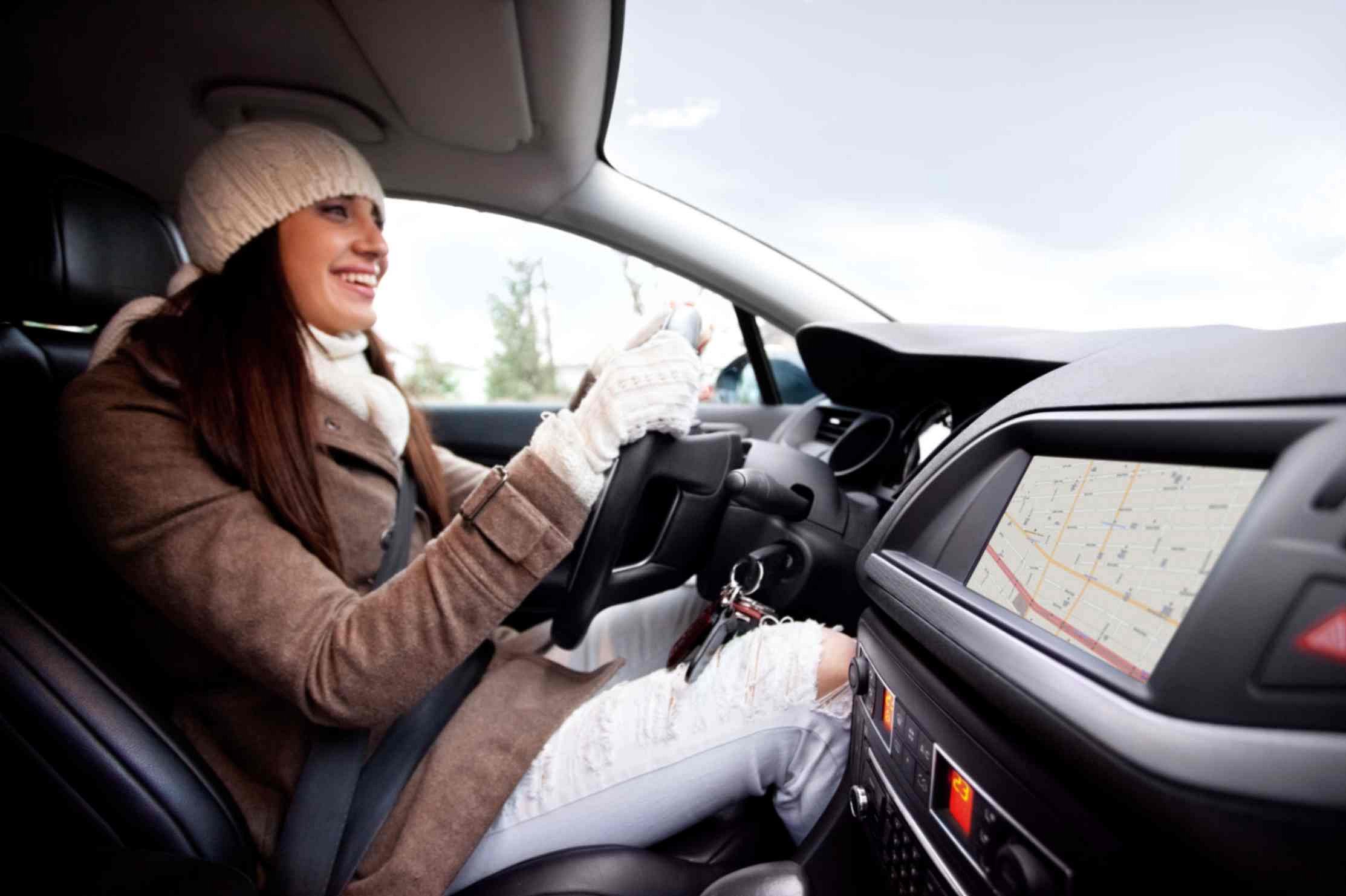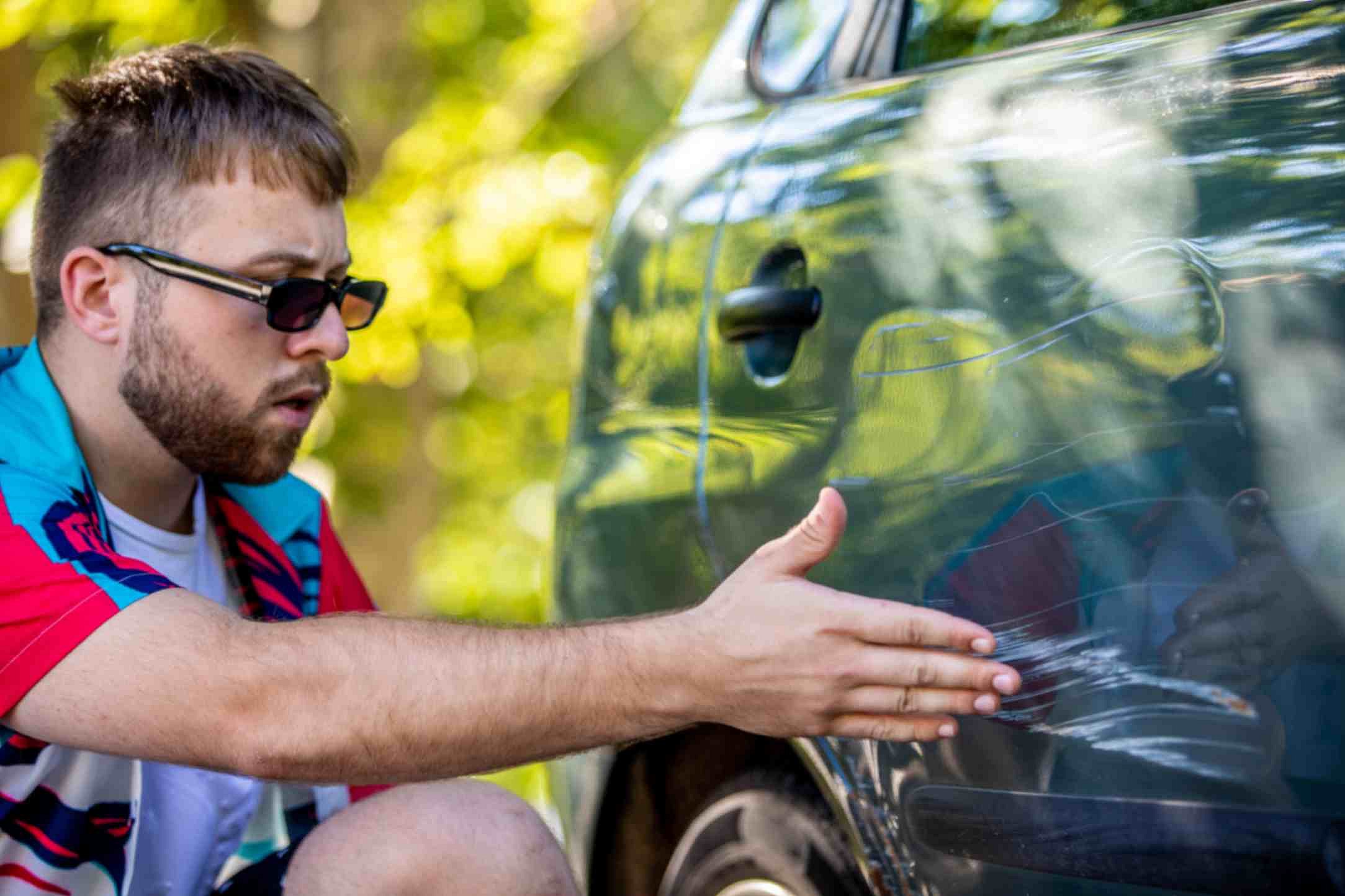Knowledge Hub

The Insurance Tips You Need to Know When Buying a Second-Hand Car
Buying a second hand car without insurance may not be the best idea.
Compared to new cars, the price of a used car may not be as hefty. However, the cheaper cost opens up a lot of risks, such as low-quality repairs. Extreme accidents usually happen if your second hand car breaks down on the highway.
The car may run fine, but with no insurance, accidents can cost you more. You could even end up paying for your damages even if you're not at fault. What you need is to get yourself and your vehicle covered at all times with car insurance.
Insurance for a used car can become too costly if you end up buying a worn-out vehicle. Here are a few tips to save on insurance costs when buying a car:
Perform Preliminary Research
You can't completely eradicate the risks associated with buying a second hand car. However, you can lower them to a great degree. With proper research, you'll be able to determine if the specific model and make of the car has any known issues.
Search online and look for the following information:
-
The average asking price for the car's model
-
Common problems associated with the car
-
Reviews of people who drove the car for years
In this early stage of car search, you only need to do light research. The information you'll learn will give you a general overview of the vehicle's state. It'll help you to cross-out car models that have any lingering issues.
Conduct a Background Check
This time, you're going to drill down on the specifics of the second hand car. If you're buying from a private seller, you need to ask specific things such as:
-
What are the major repairs the car underwent?
-
Was the car involved in an accident?
-
Were there any modifications installed in the vehicle?
-
Why are you selling this vehicle?
In case you're buying from a dealer, you can check their reputation online. Are buyers satisfied with their service and do they have customer testimonials? Make sure the dealer has a license and credentials to prove their experience.
Keep Your Options Open
It would be best to keep your options open and don't buy the first used car you find. Even if you think you've found a great deal, you might find a better one after shopping around some more. Go to different dealerships and private sellers to check cars of the same model and make.
Visiting other sellers allows you to haggle. Suppose you find a car that you want, but it has a higher price offer. You can mention the lower price other sellers give to get a better deal.
Check the Car's Mileage
In theory, the higher the mileage, the higher the maintenance cost. Constantly driving around with second-hand cars often lead to costly repairs. Even if the vehicle had no accidents, high mileage means parts may have excessive wear and tear on them.
However, you can't entirely rely on mileage only. While this can give you an obvious sign of the vehicle's state, it may not be accurate. For example, a car stocked in the garage most of the time may have the worst condition due to flooding.
Inspect the Complete Service Book
Beware of dealers and private sellers who advertise their second-hand cars as close to brand new. If they have no service record because it's as good as new, you should skip this seller.
It's natural for cars to have maintenance repairs. A used car with up-to-date service check-ups means the previous owner took good care of it. Choose vehicles with a full-service history, either with agents or RMI-accredited service centres.
Perform Comprehensive Checks
Some of the essential things you need to check are:
-
Leaks: You're looking for zero leaks and a clean engine.
-
Tyres: Uneven worn-out treads can be signs of problems in suspension.
-
Cabin: Dashboard cracks or missing panels are not acceptable.
Unless you're a seasoned mechanic, it's best to ask someone with experience to check for you. However, if you're unable to find one, you can always hire a reputable car inspection company. While this may add overhead expenses to your car search, it will help ensure you don't buy the wrong vehicle.
Ensure the Car is Accident-Free and Theft-Free
With fewer cars to choose from on your list, you should go deeper with the background checks. There are ways to hide a car's background with repairs and repaints. However, incident reports based on a car's VIN and engine number can provide a clearer picture.
Many services in South Africa can help you check a vehicle's history. However, you'll need to pay for the service. Since you only have a few cars to test, it shouldn't cost you much.
Some of the information you can get from a report are accident and theft history. You'll also learn any standing financial obligations left on the car. The report can also give you a clear, average price of the used car in the current market.
Test Drive
With 70% of cars in South Africa having no insurance, it's common to find one that looks good but doesn't run well. Without proper insurance coverage, repairs are most likely to cut corners.
When doing a test drive, make sure that the car is free of stutters and provides a smooth ride. It should not be producing excessive smoke and no rattling sound. It's best to drive the vehicle through various road surfaces to test how it handles them.
Learn When to Walk Away
Even if second hand cars are cheaper, the amount of money you'll be spending is still significant. Furthermore, choosing a vehicle that has issues is a safety hazard for everyone on the road.
Don't base your buying decision on your enthusiasm. Instead, you should follow these insurance tips. If the car doesn't live up to your expectations, learn to walk away and find another one.
Buying a Second-Hand Car is Easier with These Tips
When buying a second-hand car, choosing a good one will not only save you money. It'll also help you to get lower car insurance costs. Follow these tips to save on insurance and ensure you don't buy a worn-out and old vehicle.
Do you want insurance coverage for your second-hand car? Contact us today, and we'll help you choose the option that matches your needs.
Disclaimer: This content is for informational, educational, or entertainment purposes only. We do not make any warranties about the completeness, reliability, and accuracy of the content. The views and opinions are those of the author and not necessarily those of the company.

We Have Great
Insurance Products
Need car, home & Life Insurance? We offer a wide range of insurance products. Switch & get cash back on insurance premiums.
Related blogs

Motoring Travel
Give your car staying power

Motoring Travel
5 Car tips for the cold season




